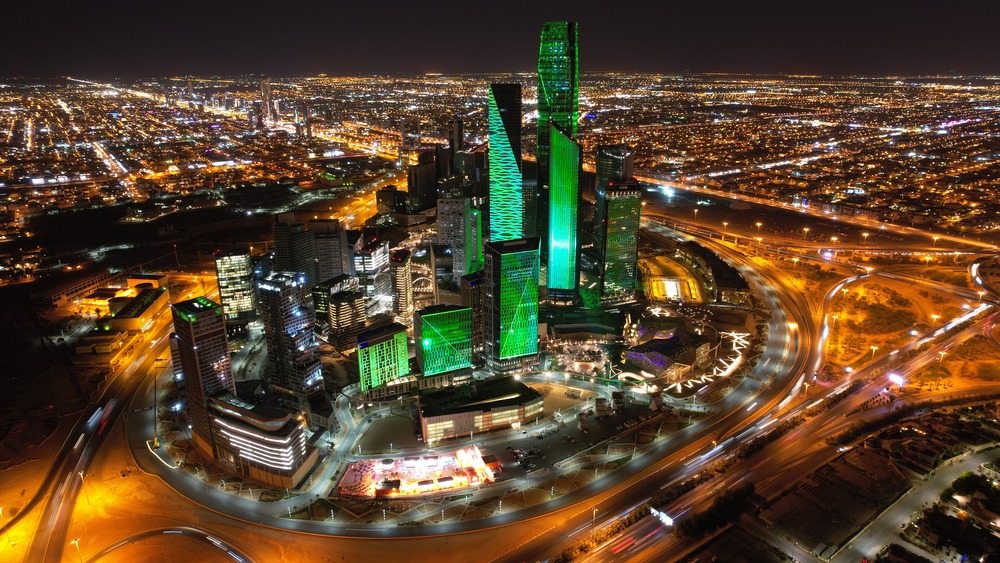Saudi Arabia, a land of remarkable contrasts and deep-rooted history, offers visitors a unique and enriching experience through its rich cultural heritage. The Kingdom is a treasure trove of traditions, customs, and historical landmarks that provide a captivating journey into its past while also offering a glimpse into its rapidly evolving present. Let’s delve into the fascinating tapestry of Saudi Arabian culture and heritage, making it an extraordinary destination for explorers and culture enthusiasts.
SAUDI BUSINESS VISA APPLICATION
An Introduction to Saudi Arabian Culture
Saudi Arabian culture is deeply ingrained in the Islamic traditions, and its identity is significantly shaped by the teachings of Islam. The Islamic faith is more than a religion—it’s a way of life that influences the daily routines, behaviors, and customs of the Saudi people.
The Importance of Islam
Islam is at the heart of Saudi Arabian culture, and the country is home to two of the holiest cities in Islam, Mecca, and Medina. The annual pilgrimage, Hajj, is a significant event that draws millions of Muslims from across the globe to Mecca. It’s a pilgrimage that every Muslim aspires to make at least once in their lifetime.
Hospitality and Generosity
Hospitality is a fundamental aspect of Saudi Arabian culture. Guests are warmly welcomed and treated with the utmost respect and generosity. Traditional Arabian coffee (qahwa) and dates are typically offered as a symbol of hospitality when visitors arrive.
The Bedouin Heritage: A Living Legacy
The Bedouin heritage plays a significant role in Saudi Arabian culture. The Bedouins, nomadic Arab tribes historically known for their resilience and adaptability to harsh desert environments, have left an indelible mark on the Kingdom’s traditions and way of life.
Bedouin Hospitality
Hospitality, a core value among the Bedouins, is deeply embedded in Saudi culture. Travelers in the desert were traditionally offered shelter, food, and water by the Bedouins, emphasizing the importance of generosity and kindness toward strangers.
Bedouin Arts and Crafts
The Bedouins are skilled artisans, known for their exquisite craftsmanship. They create intricate jewelry, hand-woven textiles, and intricate embroidery, showcasing their artistic talents and celebrating their cultural heritage.
Traditional Dress: A Window to Culture
The traditional dress in Saudi Arabia is a blend of modesty, culture, and climate adaptation. It varies between regions and is influenced by historical and environmental factors.
Men’s Traditional Dress: Men typically wear a thobe, a long white garment, often accompanied by a head covering called a ghutra or shemagh. The thobe is not only practical for the desert climate but also symbolizes simplicity and modesty.
Women’s Traditional Dress: For women, the abaya is a significant piece of clothing. It’s a loose-fitting, full-length black cloak that is worn over regular clothing. The hijab (headscarf) and niqab (face veil) are also common elements of the traditional dress.
SAUDI VISA FOR KUWAITI CITIZENS
Culinary Delights: A Taste of Tradition
Saudi Arabian cuisine is a feast of flavors, influenced by the country’s cultural diversity and traditional practices.
Staple Foods: Rice, lamb, chicken, and fish are staples in Saudi cuisine. Kabsa, a spiced rice dish with meat, is a popular traditional meal, often flavored with a blend of aromatic spices.
Dates and Arabic Coffee: Dates are a symbol of hospitality and are served as a gesture of welcome to guests. Arabic coffee, often flavored with cardamom, is a traditional beverage accompanying dates and sweets.
Immersing in Saudi Arabian Heritage: Key Destinations
To truly experience the rich culture and heritage of Saudi Arabia, there are several iconic destinations to explore.
Masmak Fortress, Riyadh: The Masmak Fortress, located in the heart of Riyadh, is a historic landmark that provides a glimpse into Saudi Arabia’s history. It was a focal point during the Kingdom’s unification and offers visitors insights into the region’s past.
Al-Ula: Al-Ula is an archaeological marvel, home to ancient Nabatean ruins, including the famous Al-Hijr (Madain Salih). This UNESCO World Heritage site is a must-visit for history enthusiasts and culture aficionados.
Conclusion
Saudi Arabia’s culture and heritage are deeply fascinating, offering visitors a unique and enriching experience. Whether exploring the ancient Bedouin customs or savoring the diverse flavors of Saudi cuisine, each aspect of the Kingdom’s culture tells a story and provides insights into the lives of its people. With a blend of tradition, religion, and history, Saudi Arabia stands as a unique destination that offers an authentic cultural journey. As the Kingdom embraces modernization, it does so while cherishing and preserving its remarkable cultural heritage, making it a captivating and vibrant destination for all who seek to unravel its many layers.
Also read: Saudi Arabia’s Culture and Heritage: A Treasure Trove of Tradition and Innovation


